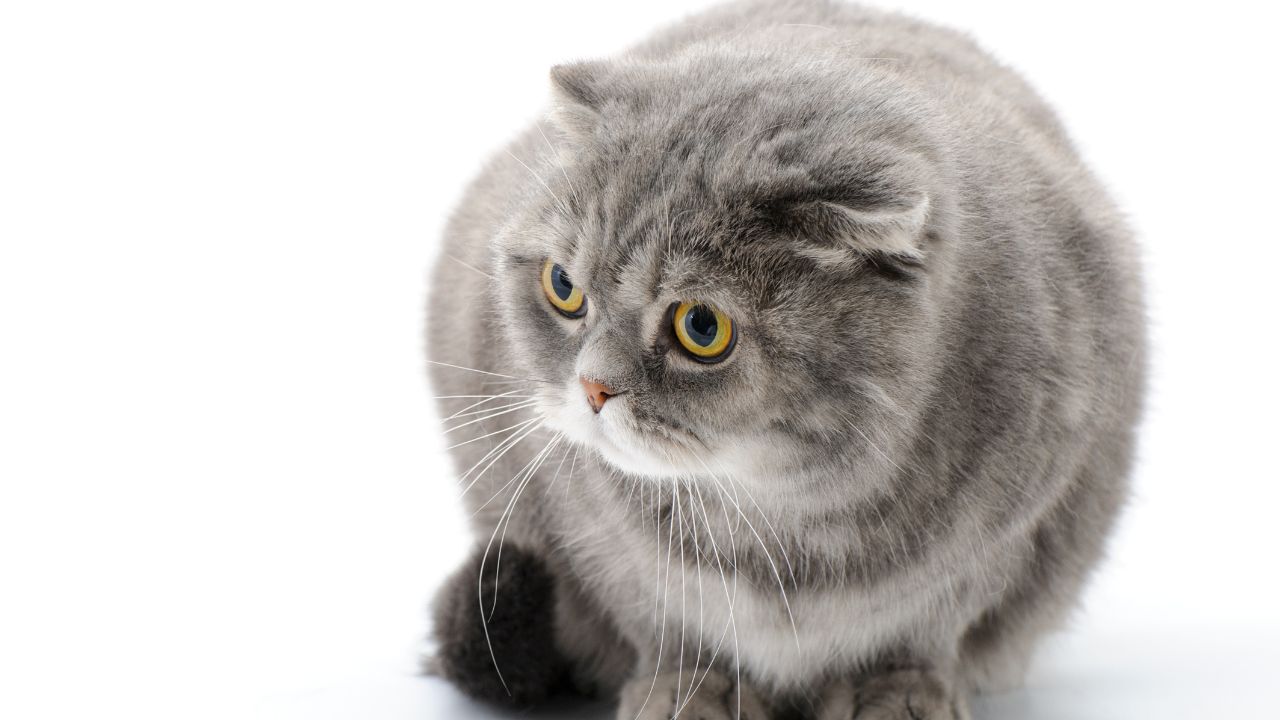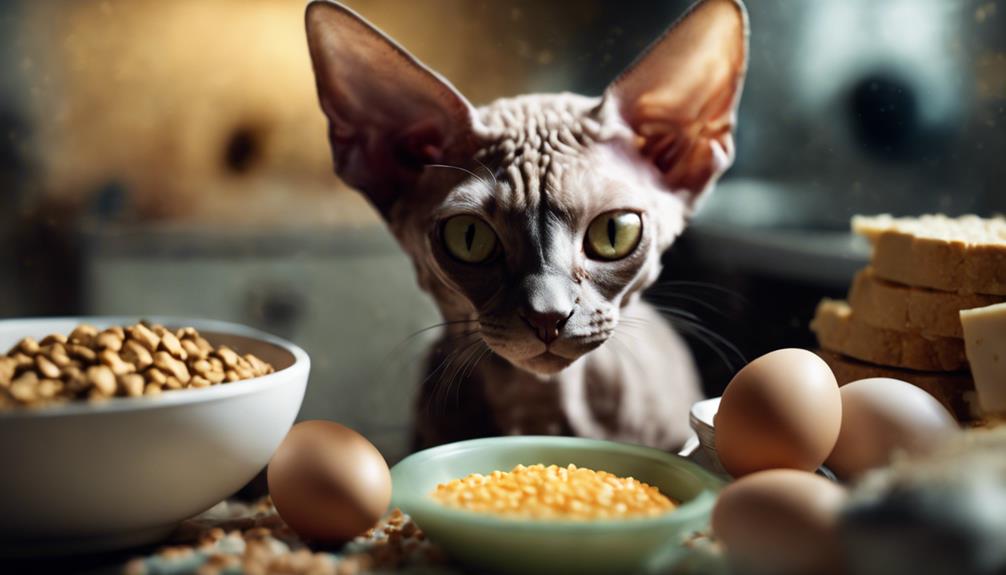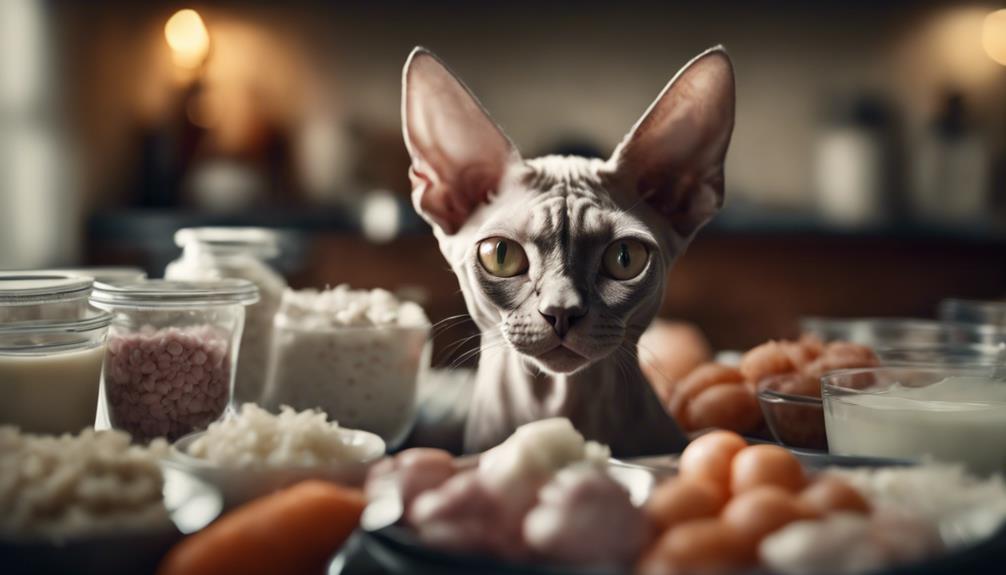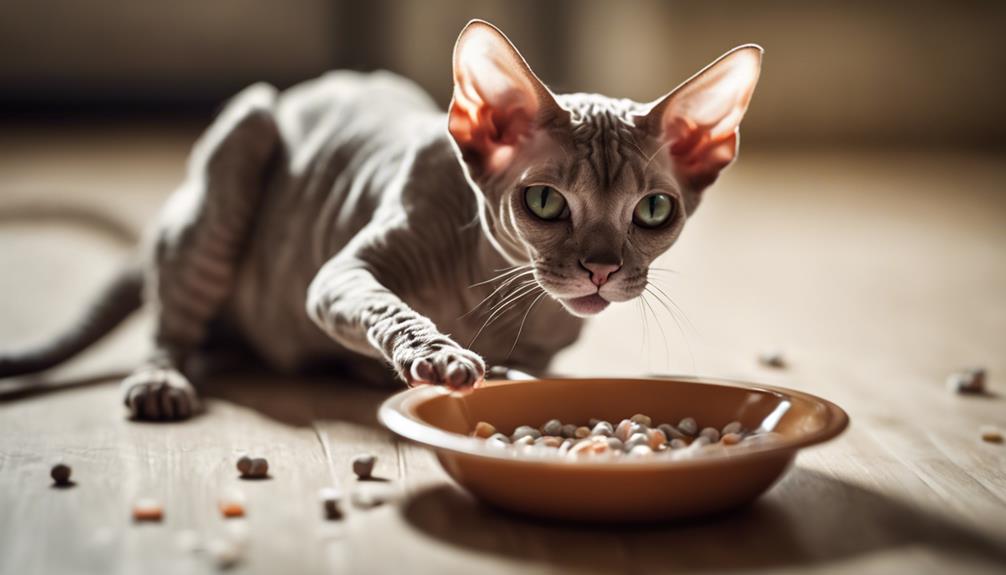Scottish Fold cats are a unique and adorable breed that have become increasingly popular in recent years. With their signature folded ears and round faces, these cats have a distinct look that sets them apart from other feline breeds. However, before deciding to bring a Scottish Fold into your home, it’s important to consider whether they make good pets.
One of the most appealing aspects of Scottish Fold cats is their easygoing temperament. They are generally friendly, affectionate, and adaptable, making them a great choice for families with children or other pets. They tend to get along well with other cats and dogs, and are often described as being very sociable. Additionally, Scottish Folds are known for their intelligence and playfulness, which can make them entertaining and engaging pets.
However, there are some potential downsides to owning a Scottish Fold. One of the most significant concerns is the breed’s susceptibility to certain health issues. Scottish Folds are prone to a condition called osteochondrodysplasia, which can cause joint problems and other health complications. Additionally, the breed’s unique ear structure can make them more prone to ear infections and other ear-related issues. It’s important for potential owners to be aware of these health risks and to be prepared to provide their Scottish Fold with the necessary care and attention.
Breed Overview
The Scottish Fold cat is a popular breed known for its unique physical feature – folded ears. This breed is sweet-tempered, affectionate, and playful, making it a great pet for families. Here’s an overview of the Scottish Fold breed:
Origin and History
The Scottish Fold breed originated in Scotland in the 1960s. The first Scottish Fold was a white barn cat named Susie, who had folded ears due to a genetic mutation. A local shepherd named William Ross noticed Susie’s unique feature and started breeding her with British Shorthairs to create a new breed.
Breeding and Geneticist
The Scottish Fold breed was officially recognized in 1978 by the Governing Council of the Cat Fancy (GCCF) in the UK. The breed’s popularity quickly spread to other countries, and it is now recognized by most cat associations worldwide.
Breeding Scottish Folds can be challenging due to the breed’s genetic mutation. Scottish Folds should only be bred with straight-eared cats to avoid health issues associated with the folded ear gene. Genetic testing can help breeders identify cats with the gene mutation and prevent breeding them with other folded-eared cats.
Outcrosses
To maintain the Scottish Fold breed’s health and genetic diversity, breeders sometimes outcross Scottish Folds with other breeds. The most common outcross for Scottish Folds is the British Shorthair, which was used to create the breed initially. Outcrossing can also help prevent health problems associated with inbreeding.
Characteristics
Scottish Folds are medium-sized cats with round heads, round eyes, and a sturdy, muscular body. They have a sweet expression and a gentle, playful personality. Scottish Folds are known for their folded ears, which can be either single or double-folded. They come in a variety of colors and patterns, including white, black, blue, cream, and tabby.
Overall, the Scottish Fold cat is an excellent pet for families looking for a sweet, affectionate, and playful companion. However, potential owners should be aware of the breed’s genetic mutation and associated health risks. It is essential to find a reputable breeder who conducts genetic testing and takes care to avoid breeding cats with the folded ear gene.
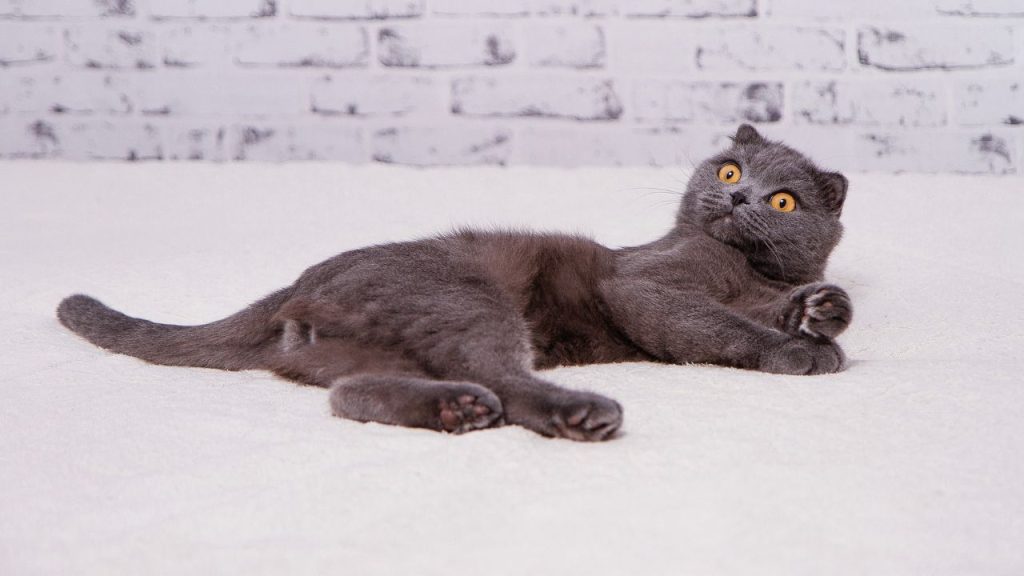
Temperament and Personality
Scottish Fold cats are known for their calm and easygoing temperament. They are very sociable and friendly, making them excellent pets for families with children or other pets. They enjoy being around their owners and are very affectionate, often following them around the house and curling up in their laps.
These cats are playful and curious, but not overly energetic or rambunctious. They are content to spend their days lounging around the house, but also enjoy playing with toys and exploring their surroundings. Scottish Folds are also very intelligent and can be trained to do tricks and respond to commands.
In terms of loyalty, Scottish Fold cats are known to form strong bonds with their owners and are often described as “lap cats”. They are also very adaptable and can adjust well to new environments and changes in routine.
Overall, Scottish Fold cats are excellent pets for those looking for a friendly, affectionate, and playful companion. They are sociable, kid-friendly, and pet-friendly, making them a great addition to any household.
Health and Grooming
Common Health Problems
Scottish Fold cats are generally healthy, but like all breeds, they are prone to certain health problems. One of the most common health issues that Scottish Folds face is osteochondrodysplasia, which is a genetic condition that affects the development of cartilage throughout the body. This condition can cause joint pain and stiffness, as well as arthritis and degenerative joint disease. Scottish Folds may also be prone to ear infections, which can be caused by their folded ears and should be checked regularly.
Grooming Requirements
Scottish Folds have a thick, plush coat that requires regular grooming to keep it clean and free of mats. They should be brushed at least once a week to remove loose fur and prevent matting. A quality steel comb can be used to remove hair and prevent mats. It is important to maintain the nails regularly by clipping them every 1-2 weeks, and to clean the teeth more often than that.
Due to their folded ears, it is essential for Scottish Fold parents to check their cat’s ears on a weekly basis and to clean the ears as needed. If the ears appear dirty, a 50/50 mixture of water and cider vinegar, or a veterinarian recommended ear cleaner can be used. Simply moisten a cotton ball or soft cloth with the solution and gently clean the ear.
Scottish Folds are also prone to obesity, so it is important to monitor their weight and ensure they are getting enough exercise. A healthy diet and regular exercise can help prevent obesity and improve the quality of life for your Scottish Fold.
Nutrition and Exercise
Like any other pet, Scottish Fold cats require a well-balanced diet to maintain their health and energy levels. It’s important to provide them with high-quality cat food that meets their nutritional needs. Choose food that is specifically formulated for cats and provides a balanced mix of protein, fat, and carbohydrates. Avoid giving them human food, as it can cause digestive problems and lead to obesity.
In addition to a healthy diet, Scottish Fold cats need regular exercise to stay healthy and active. They enjoy playing with toys and climbing on cat trees. Providing them with interactive toys, such as balls, feather wands, and puzzle feeders, can help keep them entertained and mentally stimulated.
A cat tree is also a great investment for Scottish Fold cats, as it provides them with a place to climb, scratch, and play. Make sure the tree is sturdy and tall enough to allow your cat to jump and climb without falling over. Regular playtime and exercise can help prevent obesity and other health problems in Scottish Fold cats.
It’s important to monitor your cat’s weight and adjust their diet and exercise routine accordingly. If you notice your cat is gaining weight, reduce their food intake and increase their activity level. Regular visits to the vet can also help ensure your cat is healthy and receiving the proper nutrition and exercise they need.
Living with a Scottish Fold Cat
If you’re considering getting a Scottish Fold cat, it’s important to understand what living with one entails. Here are a few things to keep in mind:
Indoor vs. Outdoor
Scottish Folds are adaptable and can do well as indoor cats. They are known for their laid-back temperament, so they don’t require as much interactive play as some other breeds. However, like all cats, they still need exercise and stimulation. Consider investing in a cat tree or other climbing structure to keep your Scottish Fold entertained.
While Scottish Folds can be indoor cats, it’s important to note that they should never be declawed. This is a painful and unnecessary procedure that can cause long-term health problems for your cat. Instead, provide your cat with appropriate scratching surfaces and keep their nails trimmed.
Scratching and Nails
As mentioned, Scottish Folds should never be declawed. Instead, provide your cat with a scratching post or other appropriate scratching surface. This will help them keep their nails healthy and will also prevent them from scratching your furniture.
It’s important to keep your cat’s nails trimmed to prevent them from getting too long and causing discomfort or injury. You can trim your cat’s nails at home or take them to a groomer or veterinarian.
Vaccinations and Pet Insurance
Like all pets, Scottish Folds need regular vaccinations to stay healthy. Talk to your veterinarian about which vaccinations your cat needs and how often they should be administered.
Pet insurance is also a good idea for Scottish Folds. This breed is generally healthy, but they can still develop health problems as they age. Pet insurance can help cover the cost of unexpected veterinary bills.
Overall, Scottish Folds make great pets for people who are looking for a laid-back, adaptable cat. They are generally healthy and don’t require as much interactive play as some other breeds. However, it’s important to provide them with appropriate scratching surfaces and keep their nails trimmed. Regular vaccinations and pet insurance are also important for keeping your Scottish Fold healthy.
Conclusion
In conclusion, Scottish Fold cats can make great pets for the right person or family. They are known for their unique appearance, affectionate and playful personalities, and adaptability to living with other pets and children. However, it is important to consider the potential health issues associated with the breed, particularly those related to their distinctive folded ears.
If you are considering a Scottish Fold cat as a pet, it is important to do your research and find a reputable breeder who prioritizes the health and well-being of their cats. Additionally, it is important to provide your Scottish Fold with proper care, including regular veterinary check-ups, a balanced diet, and plenty of exercise and mental stimulation.
Overall, while Scottish Fold cats may not be the right choice for everyone, they can make wonderful companions for those who are willing to provide them with the care and attention they need.

